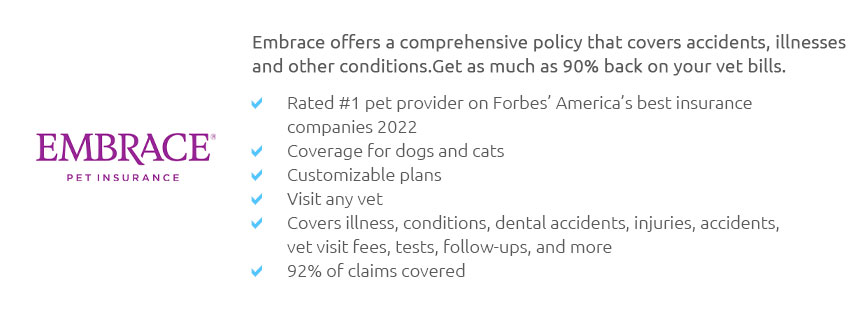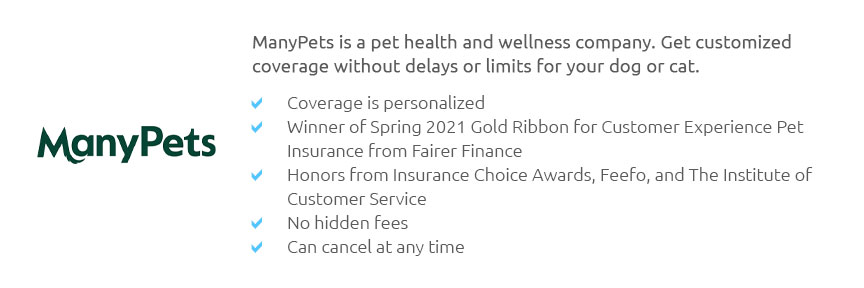 |
 |
 |
 |
 |
 |
|
 |
|
 |
|
 |
|
 |
|
 |
 |
 |
 |
 |
 |
 |
 |
Understanding Cat Insurance for Cats Over 10 Years Old: A Comprehensive GuideAs our feline companions gracefully age, reaching the venerable milestone of ten years, it becomes increasingly crucial for pet owners to consider the benefits and intricacies of cat insurance specifically tailored for older cats. The journey of caring for an aging cat is often filled with both joy and challenges, and ensuring their health and well-being can be a priority that brings peace of mind. Many cat owners might wonder whether investing in insurance for their senior cat is a worthwhile endeavor or an unnecessary expense. To navigate this decision, one must delve into the nuances of what cat insurance entails, particularly for those cherished pets over a decade old. First and foremost, let's explore the key reasons why cat insurance is a prudent choice for older cats. As cats age, they become more susceptible to a range of health issues, from arthritis and diabetes to kidney disease and hyperthyroidism. These conditions can result in frequent veterinary visits, specialized treatments, and medications, all of which can accumulate into significant expenses. Having insurance coverage can substantially mitigate these costs, allowing owners to provide the best possible care without the constant worry of financial strain. Furthermore, insurance for older cats often includes coverage for accidents, which is particularly beneficial as older cats might not be as agile or quick to react as their younger counterparts. The peace of mind that comes from knowing that your cat is protected in case of unexpected injuries is invaluable. Additionally, some insurance policies offer coverage for routine care and wellness checks, encouraging regular health monitoring which is crucial in detecting early signs of age-related diseases.
However, while the benefits are compelling, it's also essential to acknowledge some potential downsides. Premiums for insuring older cats tend to be higher due to the increased likelihood of health issues, and some insurers may impose age limits, or even exclude coverage for pre-existing conditions. This highlights the importance of conducting thorough research and comparing policies to find one that aligns with your cat's specific needs and your financial situation. In conclusion, cat insurance for those over ten years old can be a valuable investment, providing security and enabling proactive health management. It is a personal decision that hinges on weighing the potential benefits against the costs, and considering the individual health status of your beloved pet. Frequently Asked QuestionsIs it worth getting insurance for a cat over 10 years old?Yes, it can be worth it. Insurance helps cover the high costs of treating age-related conditions, providing financial relief and ensuring access to necessary care. What does insurance for older cats typically cover?Insurance often covers accidents, illnesses, chronic conditions, and sometimes routine care and wellness checks, depending on the policy. Are there any downsides to insuring an older cat?Premiums are usually higher for older cats, and some insurers may exclude pre-existing conditions or have age limits on coverage. How do I choose the best insurance policy for my older cat?Research different insurers, compare coverage details, premiums, and exclusions, and consider your cat's health needs and your financial situation. https://manypets.com/us/pet-insurance/older-cat-insurance/
ManyPets covers newly-insured cats up to 14 years old. And if your cat was insured before they turned 14-plus-one-day, there's no age limit. https://www.quora.com/What-is-the-best-pet-insurance-for-a-10-year-old-cat
You can absolutely insure a 10-year-old cat, and it absolutely is a good idea. Unless you are really rich, you wouldn't be able to save ... https://www.reddit.com/r/CatAdvice/comments/1cpb07s/cat_insurance_for_10year_old_cat/
Does anyone recommend a pet insurance company? So far I've been looking at Trupanion (because they pay the vet directly), Pumpkin, and Pets Best.
|